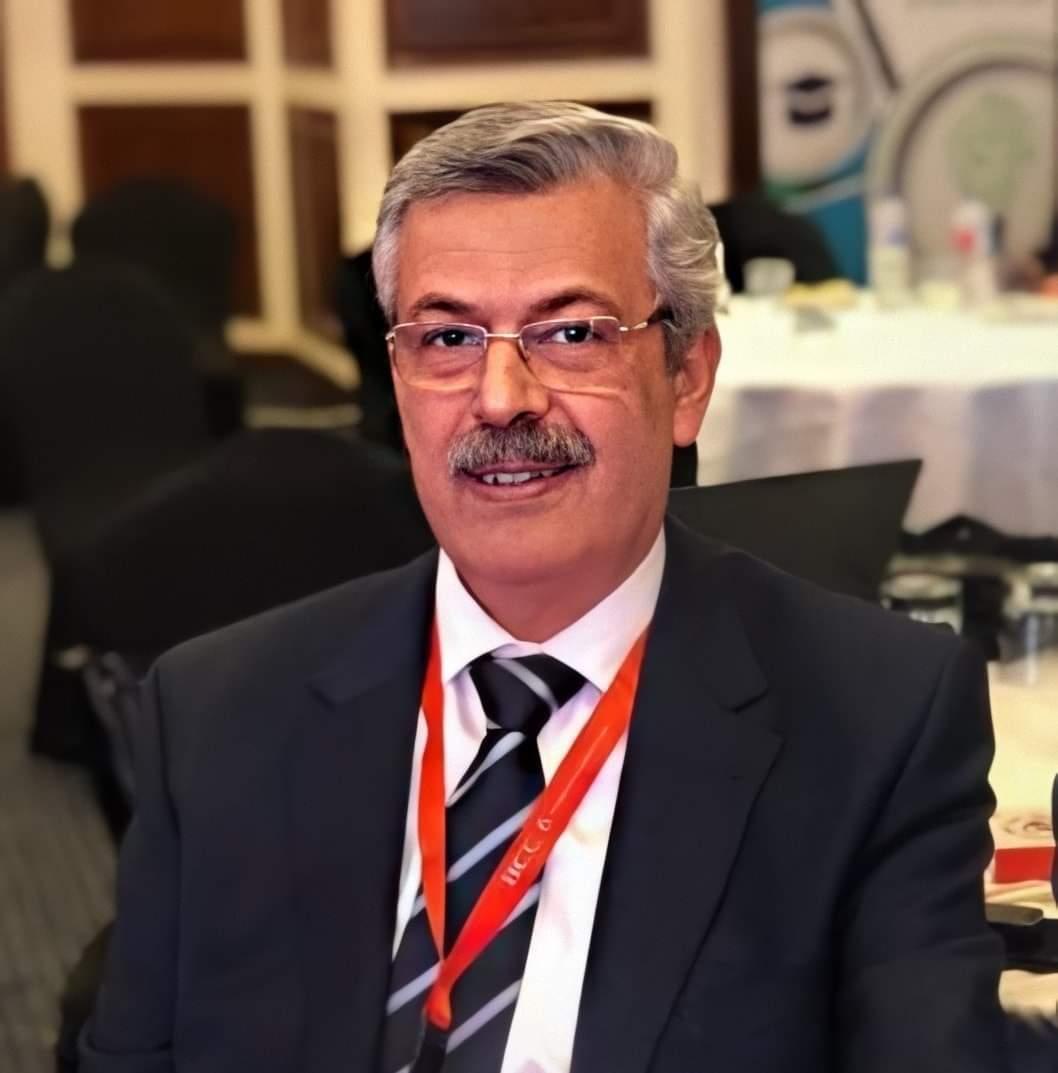Dr. Osama Sand
Professor of Cardiology and Vascular Diseases
Academic Qualifications:
Professor and Former Head of the Department of Cardiology at Benha University Faculty of Medicine.
Ph.D. in Cardiology and Vascular Diseases from Benha University.
Has completed numerous advanced training courses in cardiac diseases, including coronary angiography and interventional treatments.
Member of both local and international cardiology societies, regularly attending scientific conferences to exchange knowledge and stay updated on the latest advancements in his field.
Specializations and Medical Services:
Dr. Osama Sand specializes in a wide range of cardiac and vascular conditions, offering the following services:
Coronary Artery Disease (such as angina and heart attacks)
Heart Failure: Diagnosing and treating heart dysfunction with impaired blood pumping.
Arrhythmias: Such as atrial and ventricular fibrillation, diagnosing and managing irregular heart rhythms.
Hypertension: Diagnosis and treatment of high blood pressure affecting the heart and vascular system.
Coronary Angiography: Using angiography to diagnose and treat blocked coronary arteries.
Stent Placement: Using stents to open blocked arteries.
Pacemaker and ICD Devices: Implantation and management of pacemakers and defibrillators.
Cardiac Prevention and Management: Offering consultations on how to prevent heart disease and adopt a heart-healthy lifestyle.
Clinic Features:
Elevator: Facilitates access for patients of all ages and health conditions.
Television Screen: Installed in the waiting area to ensure a more comfortable experience for patients.
Air Conditioning: Ensures patient comfort during waiting times or consultations.
The clinic is equipped with state-of-the-art medical equipment to provide high-quality care, creating a comfortable and safe environment for patients.
Clinic Location:
Address:
Madinaty, Medical Center No. 1, next to Oscar, Clinic 5, Ground Floor.
Area:
The clinic is located in the central area of Madinaty, making it easily accessible from various parts of the city. It is a quiet and well-equipped area designed to provide the best medical services.
Consultation Details:
Waiting Time: Approximately 10 minutes, as Dr. Osama Sand ensures minimal waiting times and efficient consultations.
Consultation Fee:
600 EGP for the initial consultation. Additional costs may apply for any further tests or procedures required.
Special Services Provided:
Comprehensive consultations that include diagnosis and treatment of various heart diseases.
On-site quick tests such as ECG, Echocardiogram (Echo), and stress tests.
Providing tips and advice on preventing heart disease and maintaining a heart-healthy lifestyle.
Contact and Appointment Booking:
Phone Number for Appointments or Inquiries:
01201111344
Important Note:
Dr. Osama Sand is not available for booking through Vezeeta. However, Vezeeta recommends other cardiologists for any additional needs.
Additional Notes:
Dr. Osama Sand is committed to providing the latest treatments based on the most current research and medical findings in cardiology.
Patients with special conditions or those suffering from chronic diseases such as diabetes or obesity can also receive tailored consultations to improve heart health.

